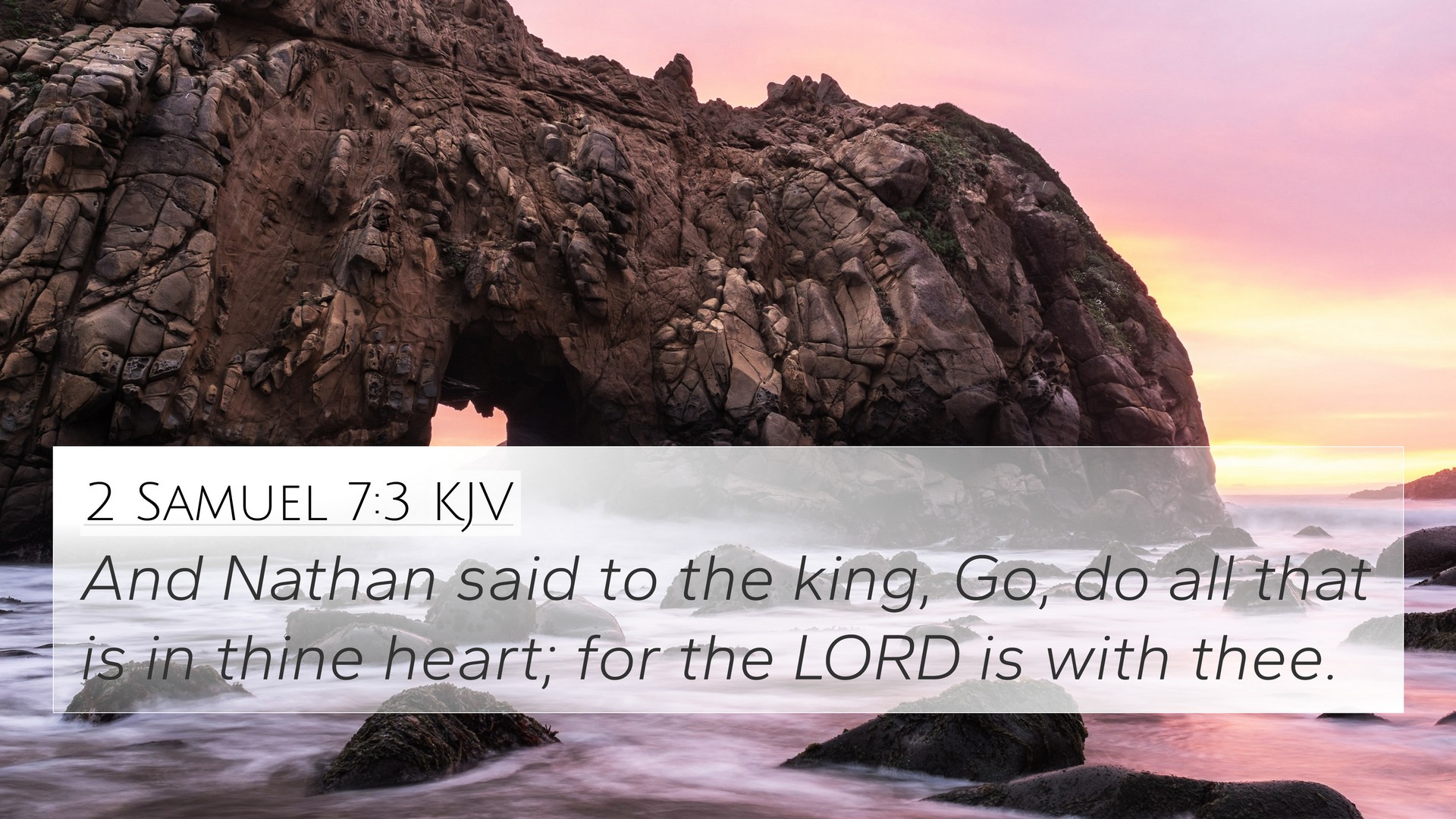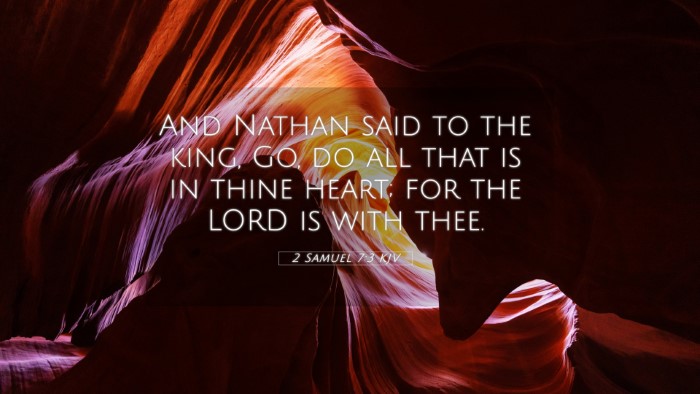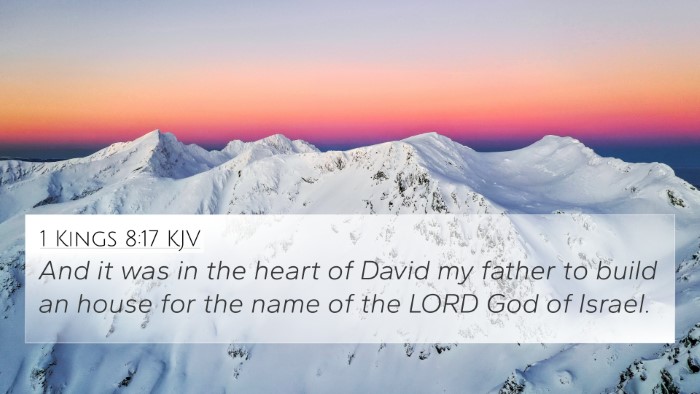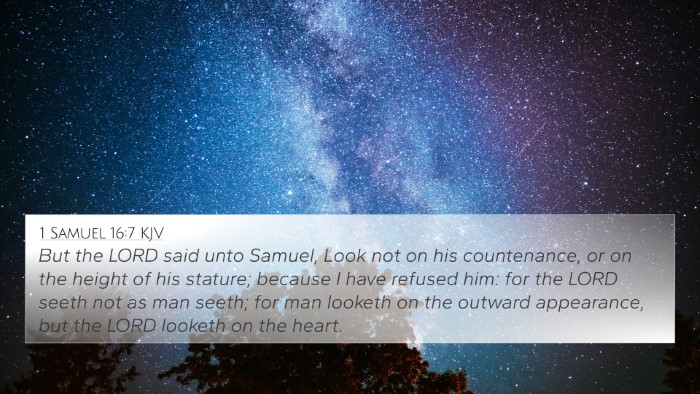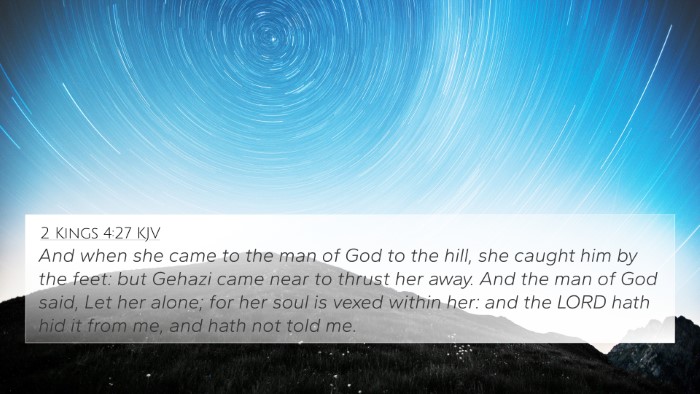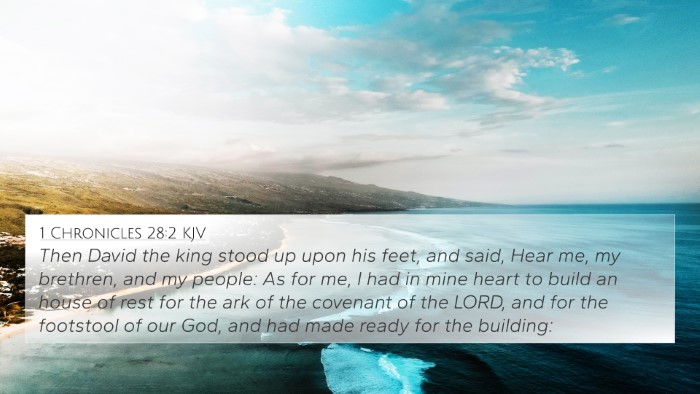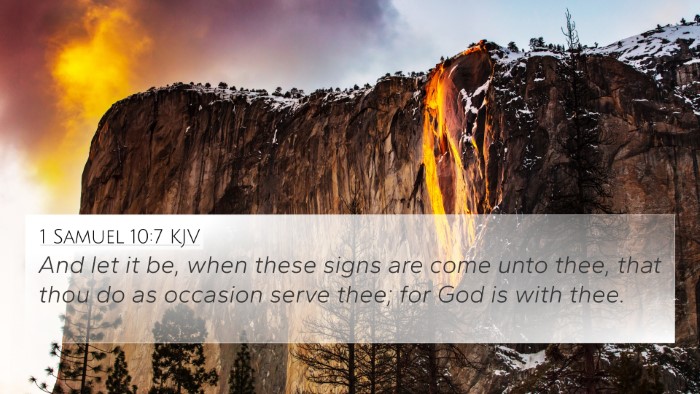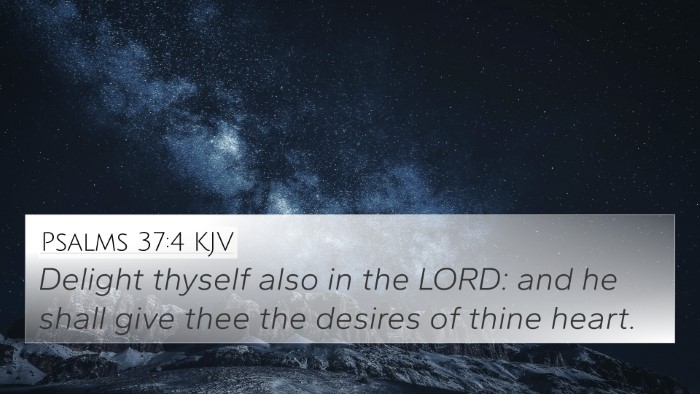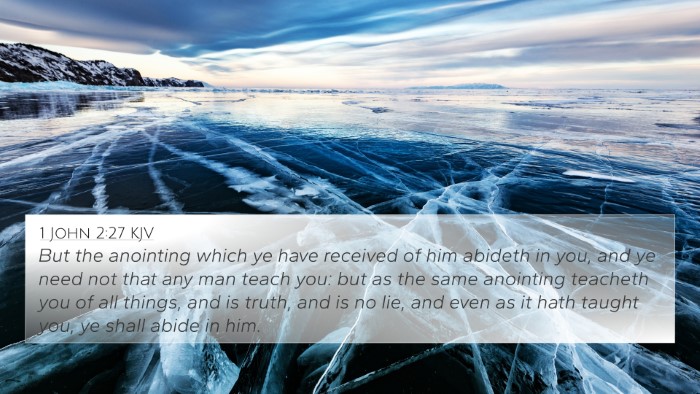Understanding 2 Samuel 7:3
Bible Verse: 2 Samuel 7:3 - "And Nathan said to the king, 'Go, do all that is in your heart, for the LORD is with you.'
Overview of the Verse
This verse captures a moment of significant spiritual and historical importance. King David expresses his desire to build a temple for the Lord, reflecting his heartfelt commitment and love for God. Nathan, the prophet, encourages David, aligning his advice with God's favor upon the king. This interaction highlights the connection between God's will and human initiative.
Commentary Insights
- Matthew Henry: Suggests that Nathan's encouragement reflects divine approval. He identifies that while David’s intentions were noble, God had other plans. This sets the stage for God’s covenant with David, promising an everlasting kingdom.
- Albert Barnes: Points out that this divine backing indicates a moment of spiritual insight. Nathan’s immediate response signifies the need for leaders to seek God's guidance continually, as His plans may differ from human ambitions.
- Adam Clarke: Emphasizes the importance of Nathan’s role as a prophet in verifying God’s wishes. Clarke stresses the contrast between human plans and God’s intentions, showcasing how God can redirect even the most pious intentions.
Thematic Connections
This verse not only encapsulates David's desire but also opens up into a rich tapestry of themes in the Bible, including:
- God's Covenant with David (2 Samuel 7:12-16)
- The Holy Spirit's guidance through prophets (Acts 2:17, 1 Thessalonians 5:20)
- David's role as a man after God's own heart (1 Samuel 13:14, Acts 13:22)
- The nature of true worship (John 4:24)
- The relationship between God's will and human desire (Proverbs 16:9)
- Building a house for God (1 Chronicles 22:10)
- Jesus as the ultimate fulfillment of the Davidic Covenant (Luke 1:32-33)
Bible Verse Cross-References
To enrich the understanding of 2 Samuel 7:3, consider these cross-references that showcase the interconnection of biblical texts:
- 1 Chronicles 17:1-4 - God's instruction regarding a temple
- 2 Samuel 7:12 - Promise of a greater descendant
- 1 Kings 8:18-19 - Solomon's temple and God's approval
- Isaiah 9:7 - The eternal nature of David's throne
- Acts 2:30 - Peter referencing David's eternal reign
- Luke 1:32-33 - Gabriel's announcement to Mary about Jesus
- Hebrews 1:5 - Establishment of Jesus’s sonship
Understanding the Human-God Relationship
This verse illustrates a critical aspect of the human-divine relationship. David's intentions were pure, showing his desire to honor God through a physical structure. Nathan's response reminds us that while humans plan, God always has the ultimate authority over our paths.
Inter-Biblical Dialogue
There is a rich dialogue among various books of the Bible that reflects themes found within 2 Samuel 7:3:
- Connections between the Old Testament’s concept of a temple and the New Testament's establishment of Jesus as the temple (John 2:19-21).
- Linking David’s desire for a temple with the later prophetic visions of a renewed creation and dwelling place of God among humanity (Revelation 21:3).
- Exploring the thematic shift from physical buildings to spiritual living as temples of the Holy Spirit (1 Corinthians 3:16).
Tools for Bible Cross-Referencing
For anyone interested in delving deeper, utilizing tools such as:
- Bible concordances to find words and their occurrences
- Bible cross-reference guides that show related verses
- Commentaries that explore contextual backgrounds and applications
Conclusion
2 Samuel 7:3 stands as a testament to the beauty of divine guidance and the interplay between human intentions and God's will. By examining this verse through various lenses with insights from public domain commentaries and thematic connections, one can grasp a fuller, richer understanding of its implications in biblical scripture. Cross-referencing enhances this understanding, providing layers of meaning that connect both the Old and New Testaments—creating a holistic view of God's unfolding plan through humanity.
